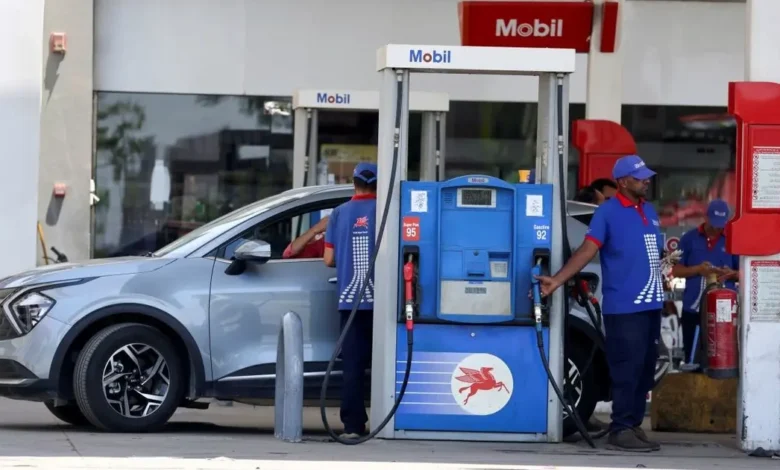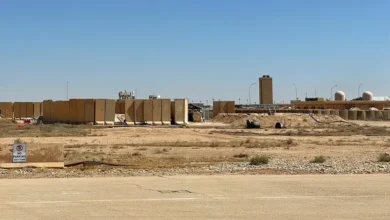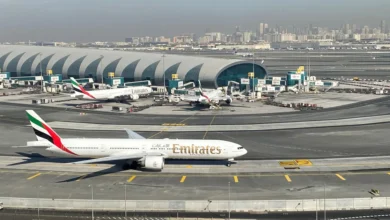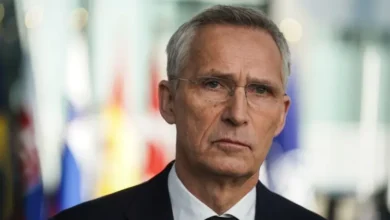Egypt raises fuel prices for first time in 2025

Egypt hiked prices on fuel products on Friday by up to almost 15 percent, state media reported, marking the first increase in 2025 as the government seeks to reduce fuel subsidies as required by the International Monetary Fund’s (IMF) $8 billion support package.
The increases of between 11.76 percent and 14.81 percent on a wide range of fuel products come almost a month after the IMF approved the disbursement of $1.2 billion to Egypt following completion of the fourth review of its loan program signed last year.
Egypt has taken on back-to-back financing facilities with the IMF since 2016, when it agreed a $12 billion loan program to resuscitate its economy after years of political turmoil since the Arab Spring protests began.
Since then, the lender has pushed the government to cut fuel, electricity and food subsidies while expanding social safety nets.
The fund said in March that Egypt was committed to lowering its energy subsidies to reach cost recovery by December as it works to reduce a wide current account deficit.
Prices for diesel fuel, one of the most commonly used fuels in the country, were raised by 2 Egyptian pounds ($0.0390) to 15.50 pounds per litre from 13.50 pounds.
Gasoline prices increased by as much as 14.5 percent depending on the grade, with 80 octane gasoline rising to 15.75 pounds, 92 octane to 17.25 pounds and 95 octane to 19 pounds.
Meantime, the prices of the butane cooking gas were hiked to 200 pounds per cylinder from 150 pounds.
Prime Minister Mostafa Madbouly said in March that by the year’s end the government will have stopped petroleum subsidies from being a financial strain, but it will continue to subsidise diesel to some degree and will not price it at 100 percent of its cost.
Egypt still spent about 10 billion Egyptian pounds ($197.71 million) on fuel subsidies each month, despite having raised prices three times in 2024, Petroleum Minister Karim Badawi said in October following the last hike that ranged between 11 percent and 17 percent.
Egypt in 2024 witnessed a sharp decline in revenues from its Suez Canal, a main source of foreign currency for the government, as the war in Gaza led Iran-aligned Houthis in Yemen to attack vessels transiting the Red Sea in support of Palestinians.
That, combined with diminishing local natural gas production which Egypt had even begun exporting, has compounded the country’s economic woes and left it strapped for dollars.
Egypt needs these dollars to import natural gas, petroleum and wheat for its sprawling food subsidy programme that feeds more than 62 million people.
Since early 2022, the foreign currency shortage has curbed local business activity and led to backlogs at ports and delays in payments for commodities, forcing Egypt to request a 46-month expanded loan from the IMF.
The pound has since lost more than two-thirds of its value against the dollar in a series of staggered devaluations, while petrol prices in Egypt remain some of the lowest in the world.










